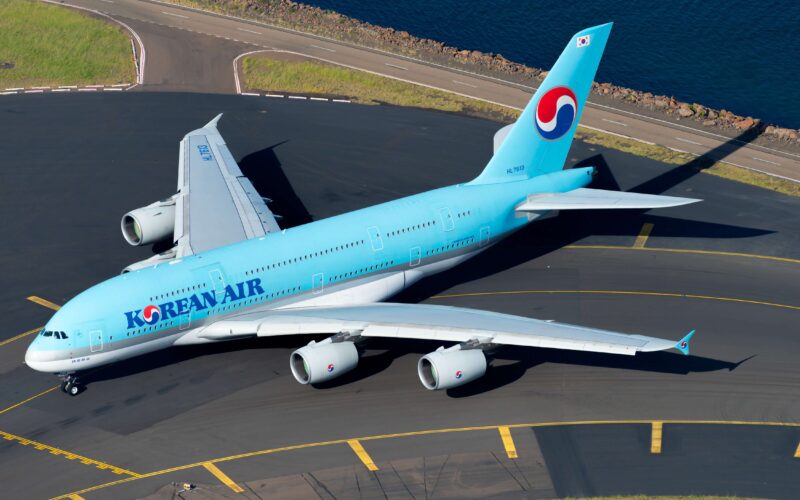On June 30, 2021, the biggest South Korean airline, Korean Air, got the green light from the Korean Development Bank (KDB) for the Asiana Airlines post-merger integration (PMI) plan with Korean Air. This marks another milestone in Korean Air’s purchase of Asiana Airlines.
The post-merger integration (PMI) plan containing the integration business strategy of the two airlines was submitted to Korean Development Bank (KDB) on March 17, 2021. The approval comes after three months of the PMI plan review by KDB as well as the Korean Ministry of Land, Infrastructure and Transport.
Korean Air still waits for approvals from five antitrust regulators, including South Korea, the United States, the European Union, China, and Japan, to proceed with the $1.6 billion deal to acquire the cash-strapped Asiana Airlines. In May 2021, Korean Air got the overseas approval from Thailand’s fair competition authority, and in February 2020, the airline received a green light from the Turkish Competition Authority.
Korean Air aims to fully integrate Asiana Airlines by 2024, as the merger process is set to officially begin in 2022, according to the president of Korean Air, Woo Kee-hong. Following the merger, the low-cost subsidiary would become “a top-level low-cost airline not only in Korea but also in Asia.”
Asiana’s integration into Korean Air would create a carrier that would operate around 60% of international routes out and into the country. This consolidation could help both airlines to have a competitive advantage over other airlines. Additionally, this acquisition is expected to contribute to strengthening the competitiveness of Seoul’s Incheon International Airport (ICN), which aims to become the representative aviation hub in Asia, according to the airline.
However, Korea’s FTC and other fair competition authorities across the globe could still challenge the merger, citing such a huge market share on the international market. Thus, it could be expected that Korean Air and Asiana Airlines would have to give up slots or traffic rights in ICN or other international airports.

